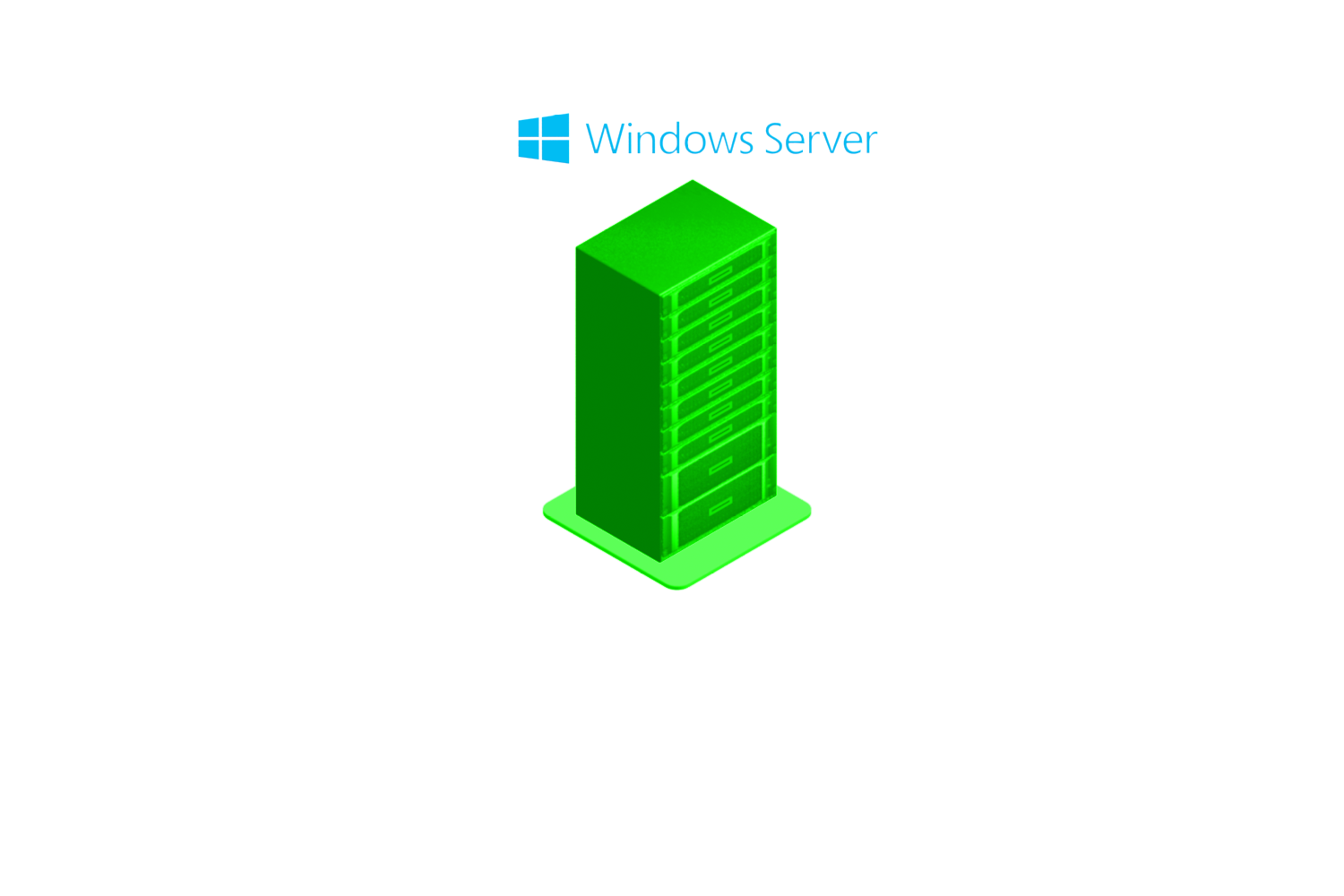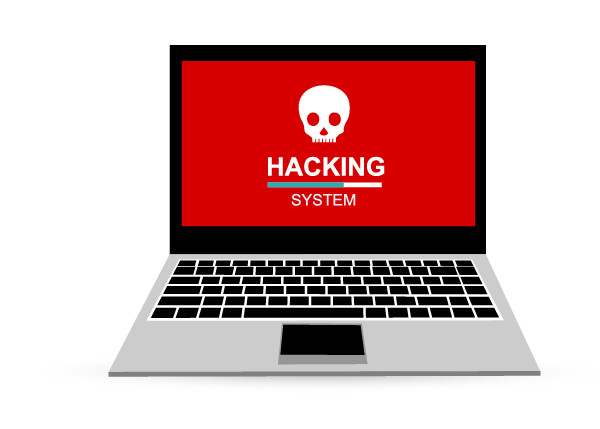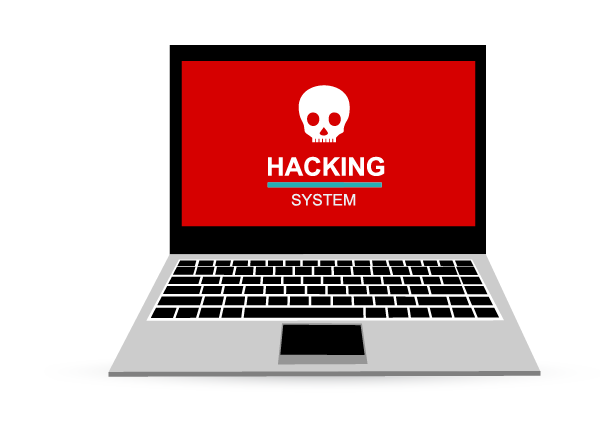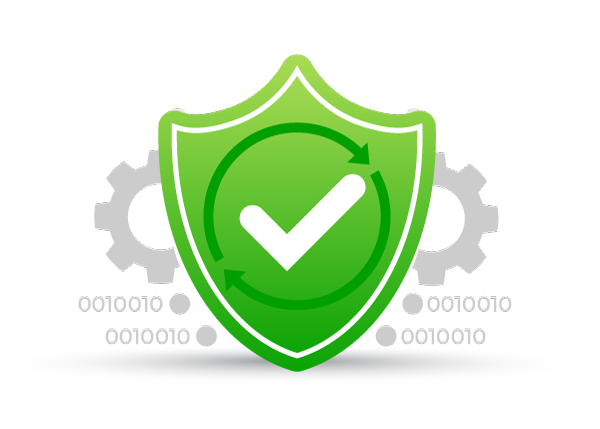



EXTREME
RISK






On January 14, 2020, a ripple was felt across the globe: support officially ended for Windows 2008 operating systems. If your business currently runs an unsupported operating system, you also run the risk of cybercrime. Your intellectual property, operations, manpower and financial health are more vulnerable than ever.
To help you stay secure, HPE, Intel and Microsoft have joined forces, bridging our collective security efforts. Together, we are working to ensure that your operating system is supported.
Follow along as we show you four distinct businesses that need to upgrade. Learn about the security threats each business faces. And see why modernizing your operating system will help you protect your business — today, tomorrow and beyond.

Migration Progress: None. The Doubter believes their business is immune to cybercrime. Not knowing that hackers actively seek out legacy systems as entry points to a data center, they are likely running legacy Windows Server 2008 applications (some or all) on legacy operating systems.
80% of all cyber breaches occur in the supply chain, yet 72% of companies don't have full visibility into their supply chains. (nist.gov)
In 2018, the U.S. government directed NERC (North American Electric Reliability Corporation) to develop modifications to their Reliability Standards, strengthening the mandatory reporting of cyber security incidents. (ferc.gov)
With no action taken toward server migration, cybercriminals can easily employ the Pass-the-Hash technique — capturing a password hash and passing it through the authentication protocol.
Mitigate risk. Download the Guard With Confidence white paper
in our content library and get cyber smart.


Migration Progress: Minimal. The Procrastinator doesn't know the full ramifications of running an unsupported operating system. Delaying a major upgrade, they moved their Windows Server 2008 environments to run on Virtual Machines in Azure, leaving their operating system and applications open to attack.
Attacks involving malicious code took financial services an average of 55.1 days to resolve. (Accenture.com)
Financial Services Must Act Fast: In the EU, the GDPR requires organizations to report security breaches within 72 hours. Failure to comply could result in fines of up to EUR 20M (roughly $22M). (ico.org.uk)
Running an unsupported operating system opens the field for malware attacks. Legacy operating systems don't restrict hackers from installing infectious malware and exploiting data centers.
Stay secure. Check out the Guard With Confidence white paper
in our content library to learn more.


Migration Progress: Partial. The Short-Term Thinker is only focused on maintaining baseline safety right now. They intentionally migrated from Windows Server 2008 to Windows Server 2012, but know that with legacy hardware, they have very little protection against cyber threats and hacks.
Weak Links in Public Sector Protection: In 2015, a high-profile intrusion into a single federal agency compromised the personnel records of over 4 million federal employees and impacted nearly 22 million people. (dhs.gov)
In 2019, The FBI's Internet Crime Complaint Center (IC3) received more than 1,200 cyber security complaints per day (fbi.gov).
When legacy hardware remains in place, hackers can infiltrate your operating system — stealing credentials, obtaining administrative access, using APIs and manipulating the command-line environment.
Defend your turf. Read the Safeguard IT blog post
in our content library to stay strong.


Migration Progress: Complete. The Long-Term Planner upgraded to Windows Server 2016 or 2019 on modern infrastructure, or migrated to cloud-based applications. By upgrading now, they greatly reduce the risk of costly and time-sensitive security threats that impact the well-being of patients and health-care practitioners alike.
Proactive Measures to Safeguard Patients: By upgrading to an HPE ProLiant server, hospitals can take preemptive steps to protect their patients, driving down the trend of breaches in patient records (32 million records were breached in the first half of 2019). (healthitsecurity.com).
Since it was first signed into law in 1996, The Health Insurance Portability And Accountability Act (HIPAA) has provided security provisions and data privacy guardrails that keep patients' medical information secure. (hhs.gov)
By upgrading to a fully modernized server, firmware encryption is securely in place. You can monitor your firmware's integrity and validity, preventing against attacks.
Prevent attacks. Rooted in Trust, a video in our content library, tells you how.


For businesses across the globe, the cost of
cybercrime takes a tremendous toll on their well-being. Whether in manufacturing, finance, the public sector or
healthcare, organizations face damage to their intellectual property, incur significant costs and lose valuable time
at the hands of cybercrime. That's why it's crucial to run a secure operating system.
Together with Intel and Microsoft, HPE is committed to delivering optimal results that keep security front and
center. Our team of Solutions Architects and Cybersecurity experts is here to help you upgrade with ease, and make
your migration journey smooth and seamless. Contact us to get started today!

